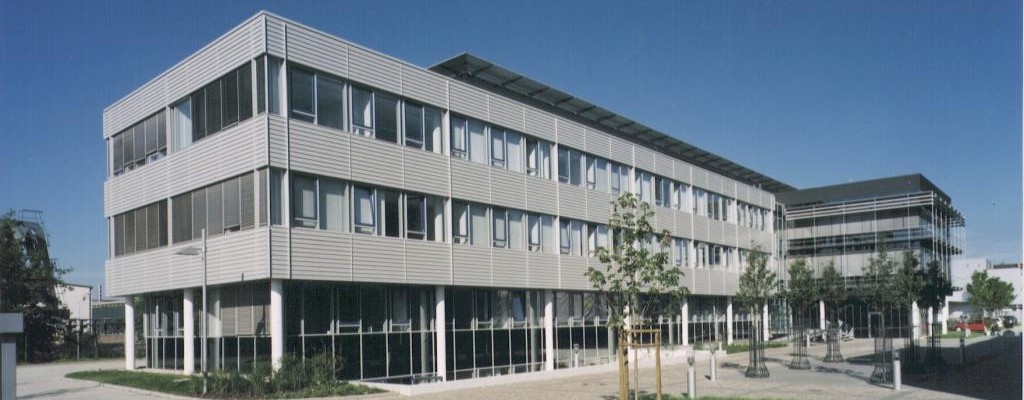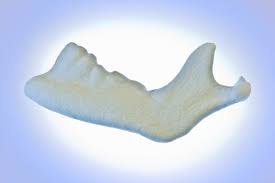Fraunhofer IKTS has signed a deal with the Singapore Center for 3d printing that will encourage the free flow of ideas, student exchanges and collaboration on future projects.
The two institutions are at the cutting edge of 3D printing, with IKTS emerging as one of Europe’s leading lights in the field of ceramics. It is working on Calcium Phosphate bone implants, among other projects, and could soon have workable replacements for the titanium implants that we currently rely on.
Not just ceramics
The German institute is also at the forefront of thermoplastic printing and is looking for ways to combine components to create a ceramic object with integrated sensors, actuators and other advanced components. That could contribute massively to implants, organ transplants and there will certainly be industrial applications too.
Its work with the Singapore Center for 3D Printing, which has a strong focus on ceramics as well, should help speed up the progress.
Politicians turned out for the signing
The two signed the deal in Germany and the Prime Minister of Saxony, Sanislaw Tillich, turned out for the ceremony on April 30th. That gives some indication of how important the deal and IKTS is to the state.
Dresden and the surrounding Saxony region has recently tried to position itself as the European HQ of the 3D printing industry and IKTS is a central part of its pitch. International deals like this will strengthen its case.
Other cities contest the claim
Even if the likes of London, Paris and Amsterdam don’t agree with the German city’s claim, it’s inspiring to see that politicians are throwing their weight behind the industry and looking for ways that this groundbreaking technology can help their people. A part of the deal is to support local suppliers in both instances, which will benefit local businesses in Saxony and Singapore.
“With the Singapore Center for 3D printing at the Nanyang Technological University, Fraunhofer IKTS has joined forces with a well-known partner with extensive expertise in the additive manufacturing of plastics, metals and glasses,” said Professor Alexander Michaelis, Director of the Fraunhofer IKTS. “Together we want to advance in the coming years and revolutionize the use of ceramic materials in the industry.”
German institute has serious tech
IKTS is working on some stunning technology now, including nanoporous membranes that can separate liquids and gases. This has applications in all forms of filtration and even medicine.
Nonoxide ceramics and coatings to protect metals are another field of research that is bearing fruit for the industrial and medical sectors and it is also involved in bioprinting and nanotechnology. Both of these fields have the capacity to change the world.
The Singaporean institute is held in similarly high regard in its home country and now the two are working together they could make great strides and create a potent force for good that leaves a lasting impact on the world.
3D printing needs collaborations like this
As 3d printing is such a novel concept, it is the ideas and the research capability to see them through that are the limiting factors right now. We need more of these arrangements to bring the brightest minds together to focus on specific problems. This will create specific solutions and technology that can then find wider applications.
3d printing is moving at an outrageous pace as it is. Deals like this could make it go that little bit faster.




